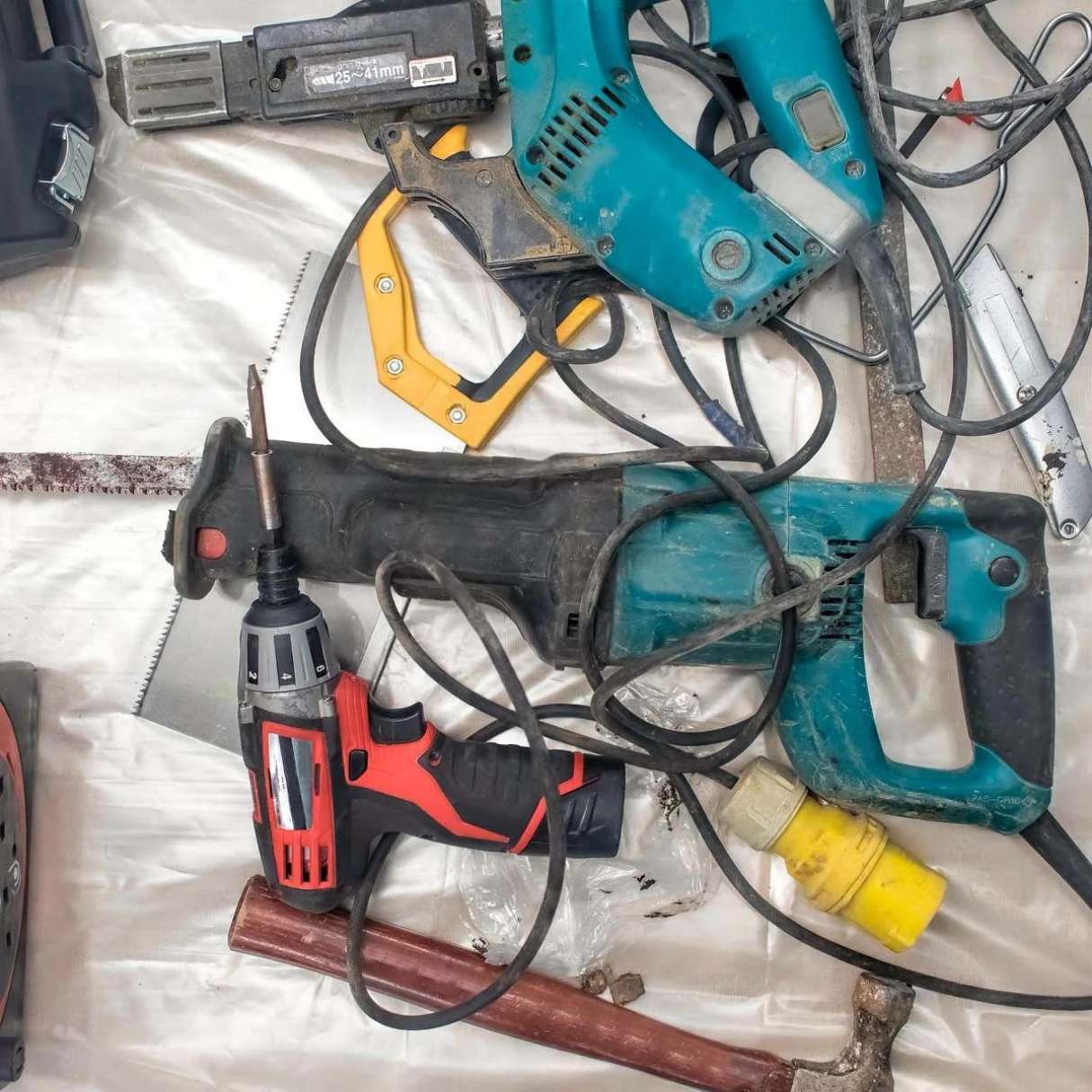

Articles
How To Dispose Power Tools
Modified: January 8, 2024
Discover the best articles on how to safely and responsibly dispose of power tools. Get expert tips and guidance for proper power tool disposal.
(Many of the links in this article redirect to a specific reviewed product. Your purchase of these products through affiliate links helps to generate commission for Storables.com, at no extra cost. Learn more)
Introduction
Power tools are essential tools for many homeowners, DIY enthusiasts, and professionals across various industries. However, just like any other products, power tools have a limited lifespan and eventually need to be replaced. When it comes to disposing of old or broken power tools, it’s important to handle them in an environmentally responsible manner.
Improper disposal of power tools can have negative consequences for the environment and human health. Many power tools contain hazardous materials such as lead, mercury, or cadmium, which can contaminate soil and water if not disposed of properly. Additionally, some components of power tools, such as batteries and cords, require specific disposal methods due to the materials they contain. By following the right disposal practices, we can minimize our impact on the environment and contribute to a more sustainable future.
In this article, we will explore various options for disposing of power tools in a responsible and eco-friendly way. We will discuss the importance of proper disposal, research local regulations, donating or selling power tools, recycling options, local municipal disposal options, disposal of batteries and cords, and safe handling and transportation of power tools.
By the end of this guide, you will have a clear understanding of how to properly dispose of power tools and make a positive contribution to the environment.
Key Takeaways:
- Dispose of power tools responsibly by donating, selling, or recycling to extend their lifespan and reduce waste. Research local regulations and handle batteries and cords separately for eco-friendly disposal.
- Prioritize safety when handling and transporting power tools to prevent accidents and ensure a smooth disposal process. Contribute to a cleaner environment and promote sustainable practices within your community.
Read more: How To Use Power Tools
Importance of Proper Disposal
Proper disposal of power tools is crucial for several reasons. First and foremost, it helps protect the environment from the harmful effects of hazardous materials present in these tools. Many power tools contain components, such as batteries and electrical cords, that can contaminate the environment if not disposed of correctly.
By disposing of power tools responsibly, we can prevent these hazardous materials from leaching into the ground, polluting water sources, and harming wildlife. This is especially important if you live near sensitive ecosystems, such as rivers, lakes, or forests.
Additionally, proper disposal of power tools helps keep our communities safe. Leaving broken or malfunctioning power tools in the garbage or dumping them in the wrong place can pose serious safety risks. These tools may still have residual energy or contain sharp objects that can cause injuries to sanitation workers or other individuals who come into contact with them.
Another reason proper disposal is essential is the potential for recycling and repurposing. Power tools often contain valuable materials that can be recycled and used in the production of new products. By recycling power tools, we can conserve resources, reduce the need for raw materials, and minimize the energy required for manufacturing.
Lastly, disposing of power tools responsibly sets an example for others and promotes environmental awareness in our communities. When we make a conscious effort to dispose of our power tools in an eco-friendly manner, we inspire others to do the same. It’s a small action that can have a ripple effect, creating a positive impact on a larger scale.
In summary, proper disposal of power tools is essential to protect the environment, ensure community safety, promote recycling and repurposing, and inspire others to adopt environmentally friendly practices. By taking the time to dispose of our power tools responsibly, we can make a significant difference in preserving our planet for future generations.
Research Local Regulations
Before disposing of your power tools, it’s important to research and understand the local regulations and guidelines regarding their disposal. Different regions may have specific rules and requirements for handling and disposing of power tools, especially if they contain hazardous materials.
Start by checking your local municipality’s website or contacting the local waste management authorities to find information on power tool disposal. They can provide you with details on whether there are any specific collection programs, designated drop-off centers, or recycling facilities for power tools in your area.
In some cases, there may be restrictions on disposing of power tools with regular household waste or through curbside collection. Some regions have implemented strict regulations to ensure proper disposal and recycling of power tools due to the hazardous materials they may contain.
It’s also worth exploring any manufacturer take-back programs or retailer initiatives that may exist. Some power tool manufacturers and retailers have established programs that allow for the return or recycling of their products. These programs often provide a convenient and responsible solution for disposing of power tools.
By researching and complying with the local regulations, you can ensure that your power tools are handled and disposed of properly, minimizing any negative impact on the environment and adhering to legal requirements.
Remember, the regulations and guidelines for power tool disposal may vary depending on your location, so it’s crucial to gather accurate and up-to-date information specific to your region. Taking the time to research local regulations will help you make informed decisions about how to dispose of your power tools responsibly.
Donate or Sell Power Tools
If your power tools are still in working condition or can be repaired, one of the best options is to donate or sell them. By doing so, you not only extend the life of the tools but also help someone else in need and reduce waste.
Consider donating your power tools to local vocational schools, community centers, or nonprofit organizations that specialize in home improvement or construction projects. These organizations often rely on donated tools to train individuals or complete community projects. Not only will your power tools be put to good use, but you may also qualify for a tax deduction for the value of the donation.
Another option is to sell your power tools online through platforms such as eBay, Craigslist, or local buy and sell groups. Many people are in search of affordable power tools for their own projects. Make sure to accurately describe the condition of the tools and include clear photos to attract potential buyers. Selling your power tools not only helps recoup some of your initial investment but also ensures that the tools continue to be used and not end up in a landfill.
Before donating or selling your power tools, ensure they are in good working order. Clean them, check for any necessary repairs, and include all accessories or attachments that came with the tools. This increases their value and makes them more appealing to potential recipients or buyers.
If you are unable to find a local organization or buyer for your power tools, consider reaching out to friends, family, or neighbors who might be interested. You never know who might be in need of a specific tool or have a project coming up where they could benefit from borrowing or acquiring your power tools.
By donating or selling your power tools, you contribute to the circular economy and reduce the amount of waste going to landfills. It’s a win-win situation, as someone else can benefit from the tools while you declutter your space and give your power tools a second life.
Recycle Power Tools
When power tools are no longer functional or cannot be repaired, recycling is a responsible option to consider. Recycling allows for the recovery of valuable materials and reduces the environmental impact of disposing of power tools in landfills.
Start by checking if there are local recycling facilities or e-waste collection centers in your area that accept power tools. These facilities are equipped to handle the proper dismantling and recycling of electronic devices, including power tools. Check with your local municipality or waste management authority for information on drop-off locations or scheduled collection events specifically for e-waste.
Some power tool manufacturers or retailers also offer recycling programs for their products. They may provide instructions or collection points for returning old or broken power tools for recycling. Be sure to reach out to them or visit their website to see if such programs exist.
Before recycling your power tools, it’s important to take a few preparatory steps. Remove any batteries or electrical cords from the tools, as these may require separate recycling methods due to the materials they contain. Check if the recycling facility accepts batteries and cords, or find out how to dispose of them properly in your area.
If you’re unsure about the recycling process for power tools or need guidance, consult the manufacturer’s website or contact their customer service for specific instructions. They will be able to provide guidance on how to prepare and recycle their particular brand of power tools.
Recycling power tools not only prevents them from ending up in landfills but also helps conserve resources. The recovery of valuable materials, such as steel, aluminum, copper, and plastic components, reduces the need for extracting and processing virgin resources. This contributes to the conservation of natural resources and reduces the carbon footprint associated with manufacturing new power tools from scratch.
Remember, recycling options for power tools may vary depending on your location. It’s crucial to research and follow the recycling guidelines specific to your region. By recycling your power tools, you actively participate in the sustainable management of electronic waste and contribute to a cleaner and greener environment.
When disposing of power tools, it’s important to first remove any batteries or power sources. Then, check with your local waste management facility for proper disposal guidelines, as some power tools may contain hazardous materials.
Read more: How To Cut Metal Without Power Tools
Local Municipal Disposal Options
When it comes to disposing of power tools, many municipalities provide specific disposal options to ensure proper handling of these items. These options may vary depending on your location, so it’s important to research the specific disposal methods available in your area.
One common disposal option offered by municipalities is through designated drop-off locations or collection events for electronic waste, including power tools. These facilities or events are organized by the local government or waste management authorities and provide a convenient and responsible way to dispose of your power tools.
Check with your local municipality or waste management authority to find out about upcoming e-waste collection events or permanent drop-off locations. Often, these events or locations accept a wide range of electronic devices, including power tools, and ensure that they are properly dismantled, recycled, or disposed of in accordance with environmental regulations.
Some municipalities also have organized curbside pickup programs for electronic waste. Check if this service is available in your area and find out what the guidelines are for disposing of power tools through this method. It’s important to follow the instructions provided to ensure that the power tools are collected efficiently and safely.
In some cases, local municipalities may have specific rules and guidance for disposing of power tools along with regular household waste. Make sure to understand the regulations in your area and follow any instructions or guidelines provided by your local waste management authorities.
When using any local municipal disposal options, it’s important to prepare your power tools for disposal. Remove any batteries or electrical cords as these may require separate disposal methods. Follow the instructions provided by your municipality or waste management authorities to ensure that you are meeting their requirements.
By utilizing the local municipal disposal options, you can ensure that your power tools are handled and disposed of in a way that is compliant with local regulations and promotes environmental responsibility. It’s a convenient and responsible way to get rid of power tools that are no longer needed or functional.
Disposal of Batteries and Cords
When disposing of power tools, it’s important to address the proper disposal of batteries and cords separately. These components may contain hazardous materials that require special handling to ensure they do not harm the environment or pose a risk to human health.
Batteries, especially rechargeable ones commonly found in power tools, should not be disposed of with regular household waste. They often contain heavy metals such as cadmium, lead, or mercury, which can be harmful if released into the environment.
Fortunately, many communities have designated locations or recycling programs specifically for batteries. Research local battery recycling centers or inquire with your municipality or waste management authorities about battery disposal options in your area. These facilities are equipped to handle the proper recycling and disposal of batteries, ensuring the extraction of any valuable materials while minimizing environmental impact. Some hardware or electronics stores may also accept batteries for recycling, so it’s worth checking if this service is available locally.
Electrical cords should also be disposed of separately from regular waste. These cords often contain various materials, including copper and plastic, which can be recycled. Check with your municipality or local recycling facilities to see if they accept electrical cords for recycling. Some locations may have specific drop-off locations or collection events for electronic and electrical recyclables.
If recycling options for cords are not available in your area, consider repurposing them creatively. Cords can be used for various DIY projects or donated to educational programs or art studios that can make use of them for crafts or repairs. However, make sure to properly cut or remove the plug ends before reusing or repurposing the cords.
Remember, when disposing of batteries or cords, always follow the specific instructions provided by your local municipality or waste management authorities. These guidelines will ensure that these components are handled and recycled or disposed of properly, reducing their impact on the environment and safeguarding human health.
By properly disposing of batteries and cords from your power tools, you contribute to the responsible management of these potentially hazardous materials and promote a more sustainable approach to waste disposal.
Safe Handling and Transportation of Power Tools
When it comes to disposing of power tools, it’s important to prioritize safety throughout the process. Whether you’re moving them within your home or transporting them to a disposal location, following proper handling and transportation practices will help prevent accidents and ensure a smooth disposal experience.
Here are some essential tips for safely handling and transporting power tools:
- Always wear appropriate personal protective equipment (PPE) when handling power tools. This includes safety glasses, gloves, and if necessary, hearing protection.
- Inspect the power tools before handling or transporting them. Check for any loose parts, damaged cords, or signs of wear and tear. If you notice any issues, take the necessary steps to repair or dispose of the tool safely.
- When transporting power tools, make sure they are turned off and unplugged, if applicable. This reduces the risk of accidental activation or electrical hazards.
- Secure power tool cords to prevent tripping hazards. Use cord wraps, clips, or ties to keep cords neat and organized during handling and transportation.
- Avoid carrying power tools by their cords, as this can damage the cords or lead to electrical hazards. Use handles or designated areas on the tools for carrying instead.
- If transporting multiple power tools, consider using a sturdy toolbox or carrying case to keep them securely in place and protected from damage.
- When loading power tools into a vehicle, ensure they are placed securely to prevent shifting or falling during transit. Use straps or bungee cords to secure them in place if necessary.
- If the power tools have sharp or protruding parts, take precautions to prevent injuries. Use protective covers or securely wrap them in bubble wrap or padding for transport.
- Ensure that power tools are inaccessible to children or unauthorized individuals during handling and transportation. Store them in a locked vehicle or secure storage area when not in use.
- If disposing of cordless power tools, remove the batteries and transport them separately, following the proper disposal methods for batteries as mentioned earlier.
By following these safety guidelines, you can protect yourself and others from accidents and ensure that power tools are transported safely to their intended location for disposal.
Remember, if you are unsure about how to safely handle or transport specific power tools, consult the manufacturer’s guidelines or contact their customer service for assistance. They can provide specific instructions or recommendations based on the model and type of power tool.
By prioritizing safety when handling and transporting power tools, you can contribute to a safer disposal process and prevent potential accidents or injuries.
Conclusion
Proper disposal of power tools is essential for environmental sustainability and community safety. Whether you have old, broken, or unwanted power tools, it’s important to handle their disposal responsibly.
By donating or selling power tools in working condition, you extend their lifespan and provide others with the opportunity to benefit from their use. Recycling power tools ensures the recovery of valuable materials and reduces the strain on our planet’s resources. Utilizing local municipal disposal options and researching regulations in your area helps ensure compliance with local guidelines and promotes responsible waste management.
When disposing of power tools, it’s crucial to address the proper disposal of batteries and cords separately. These components often contain hazardous materials and require specific handling and recycling methods to minimize their impact on the environment.
Throughout the process of handling and transporting power tools, safety should always be a priority. By following proper safety protocols, such as wearing personal protective equipment, inspecting tools for any damage, and securely transporting them, you can prevent accidents and ensure a smooth disposal experience.
In conclusion, by taking the time to dispose of power tools responsibly, we contribute to a cleaner environment, reduce waste, and promote sustainable practices within our communities. By donating, selling, recycling, or utilizing local disposal options, we can make a positive impact and set an example for others to follow.
Remember to research and follow the regulations and guidelines specific to your location. By working together, we can create a more environmentally conscious society and make a difference in preserving our planet for future generations.
Frequently Asked Questions about How To Dispose Power Tools
Was this page helpful?
At Storables.com, we guarantee accurate and reliable information. Our content, validated by Expert Board Contributors, is crafted following stringent Editorial Policies. We're committed to providing you with well-researched, expert-backed insights for all your informational needs.
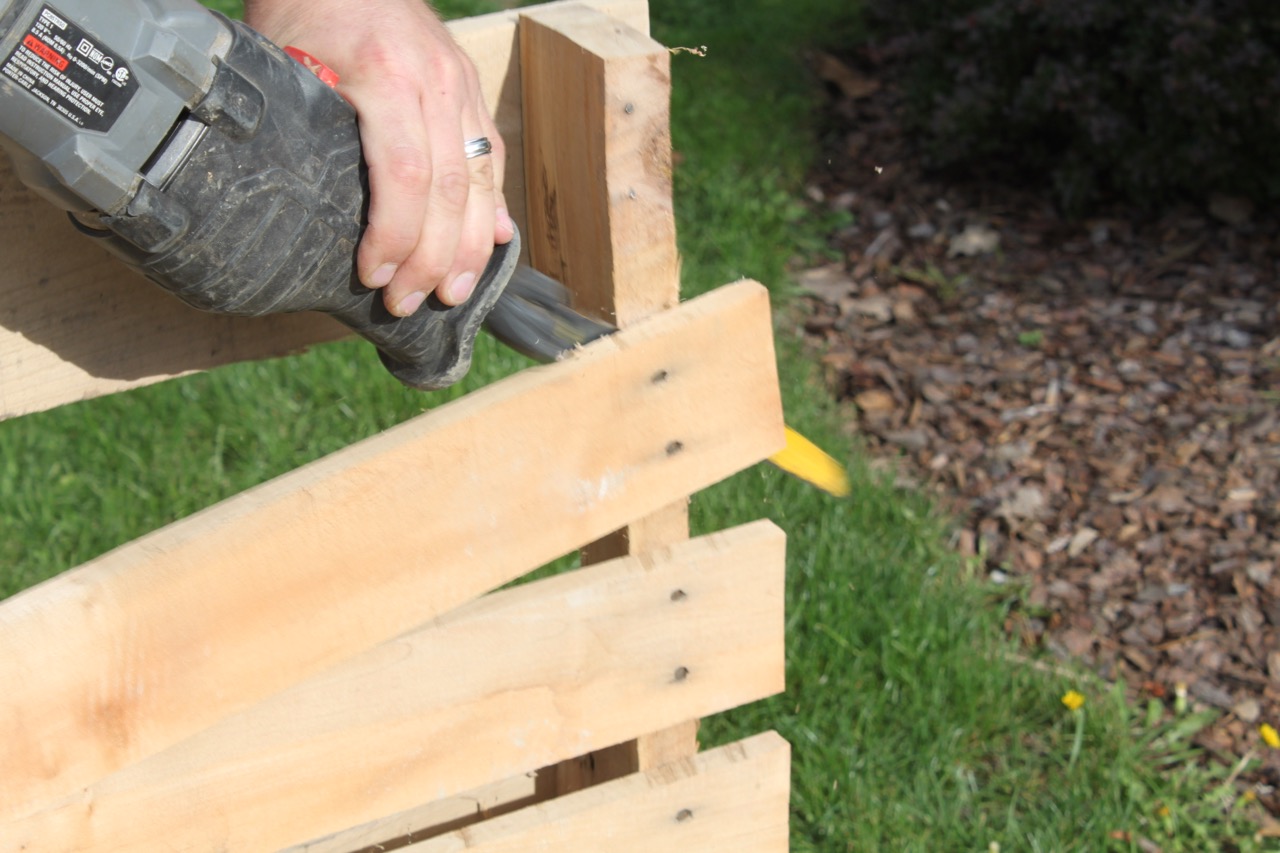
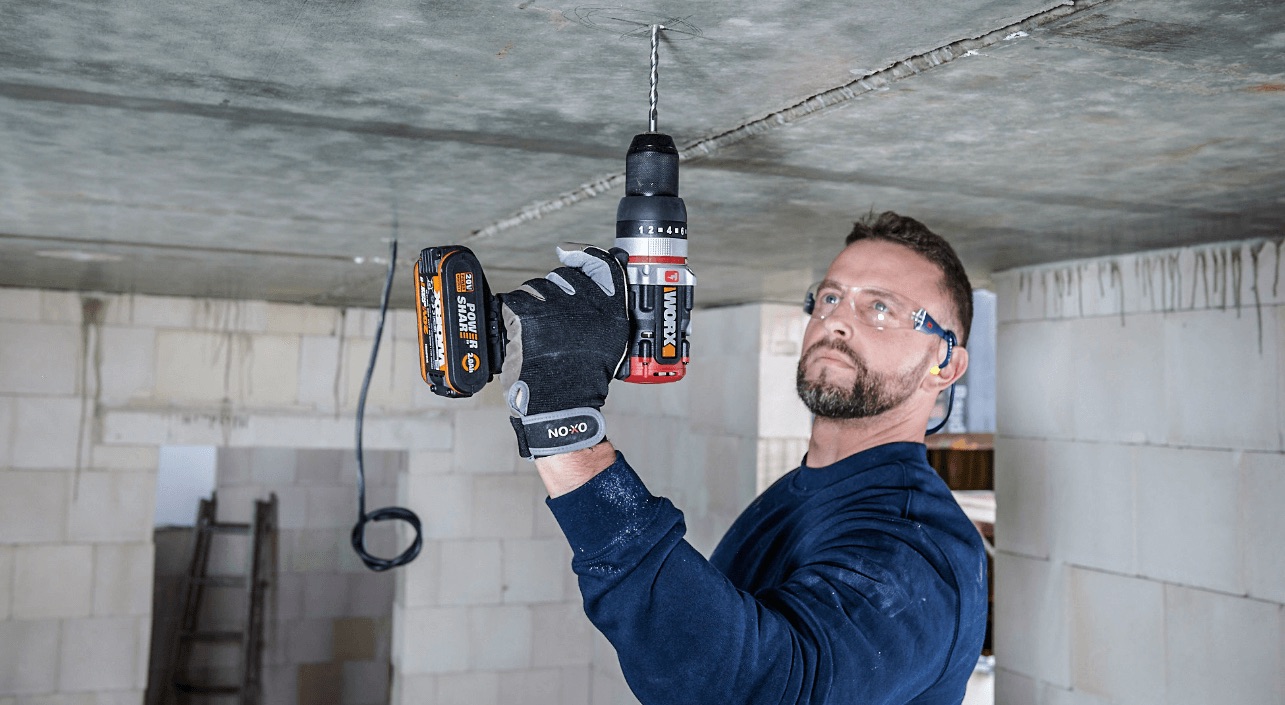
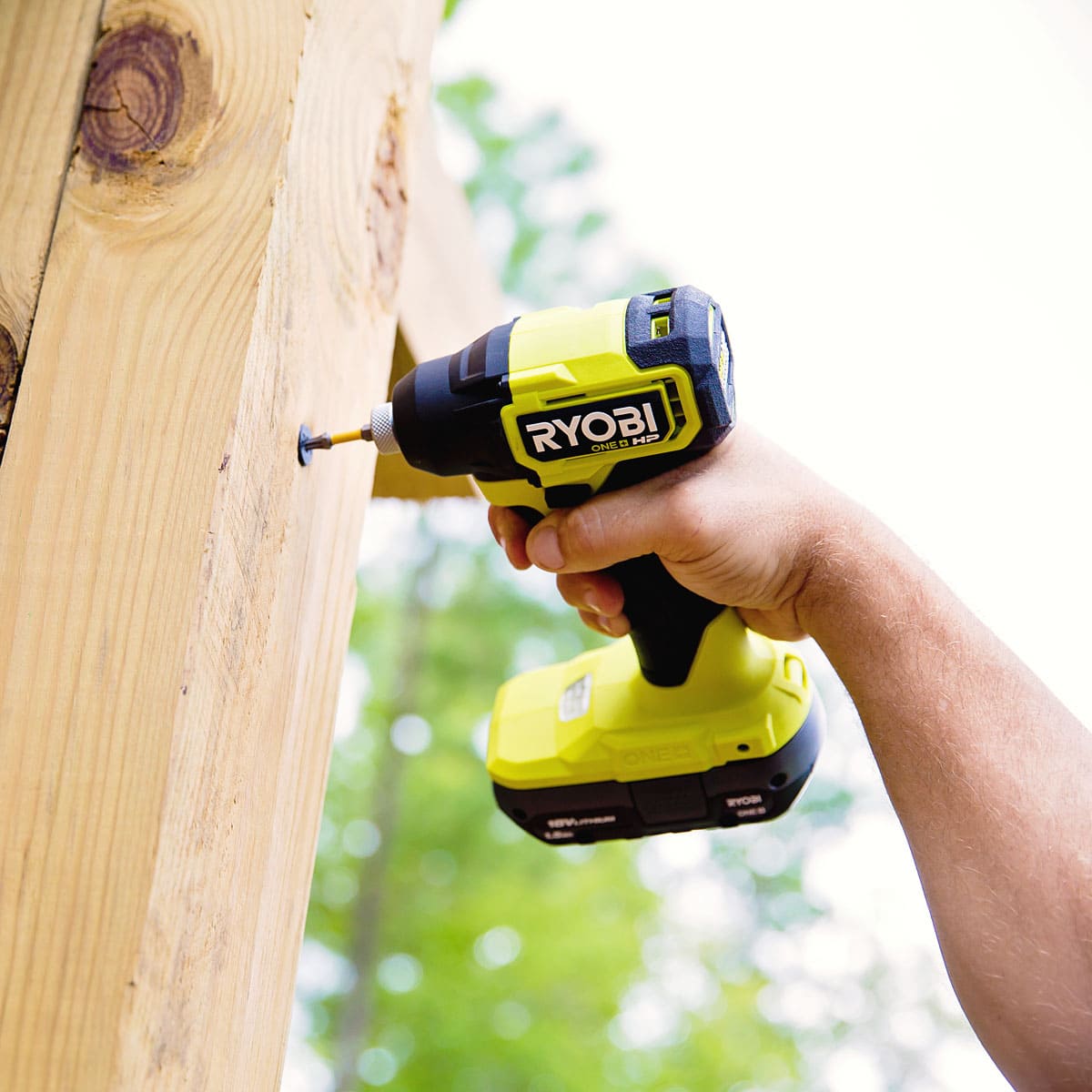
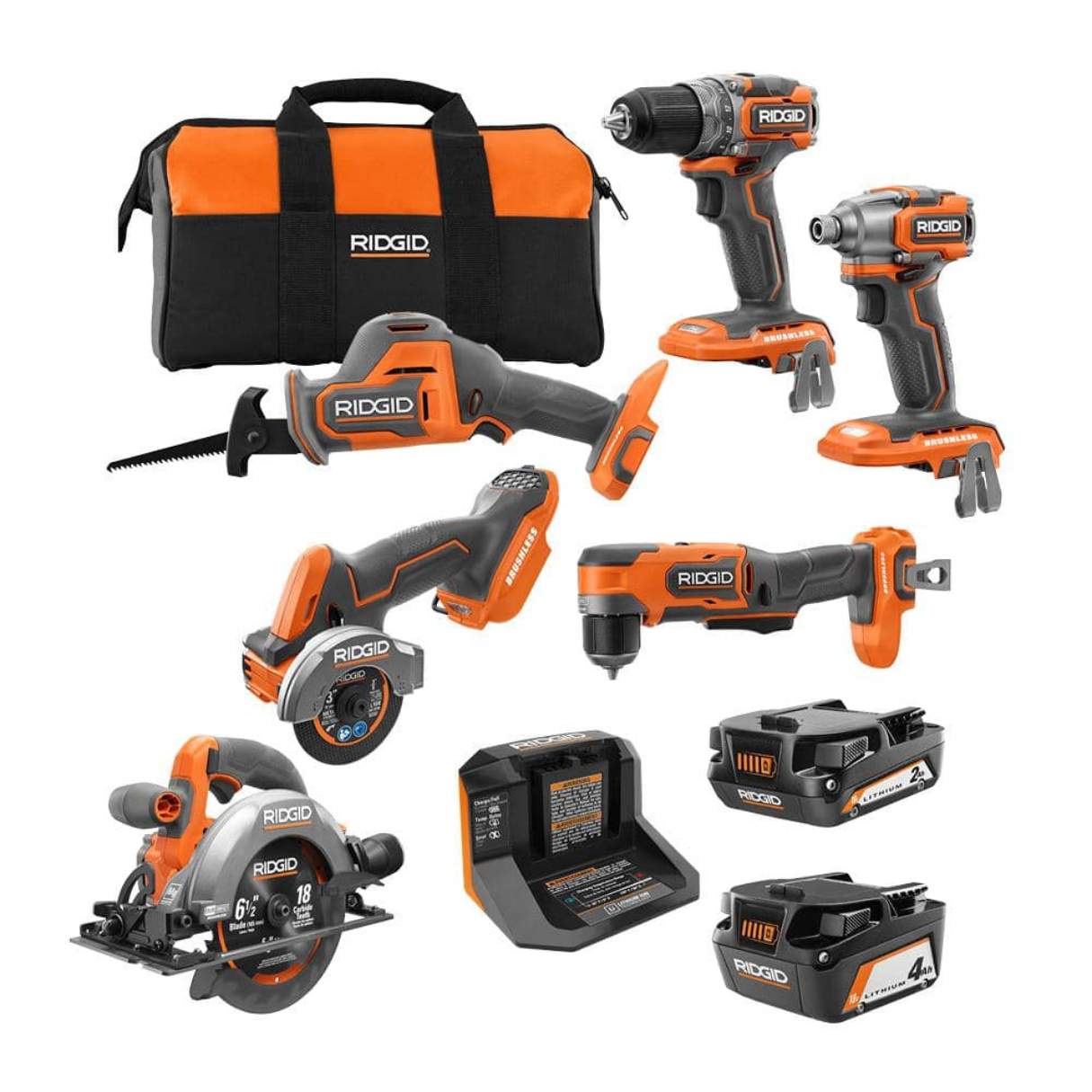
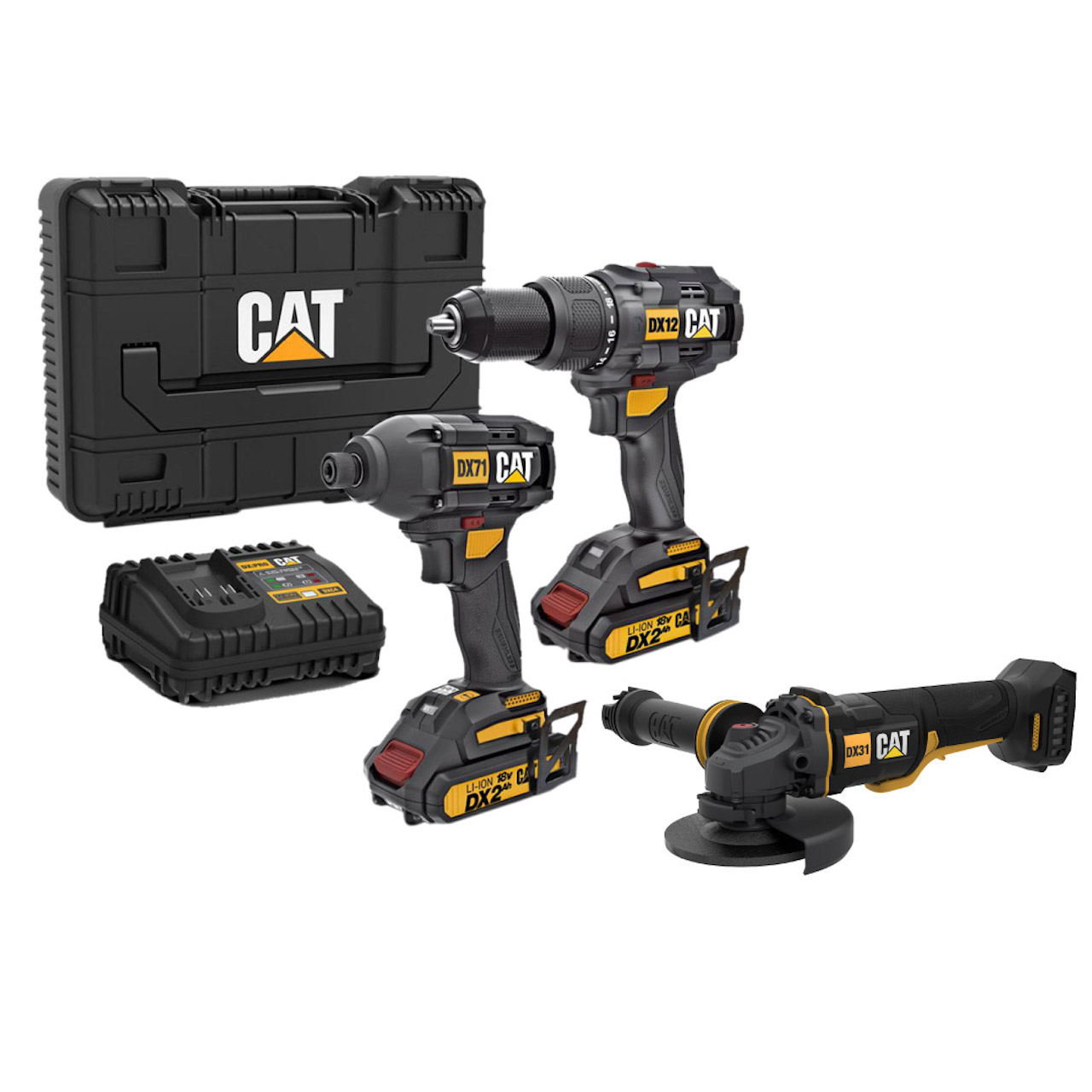
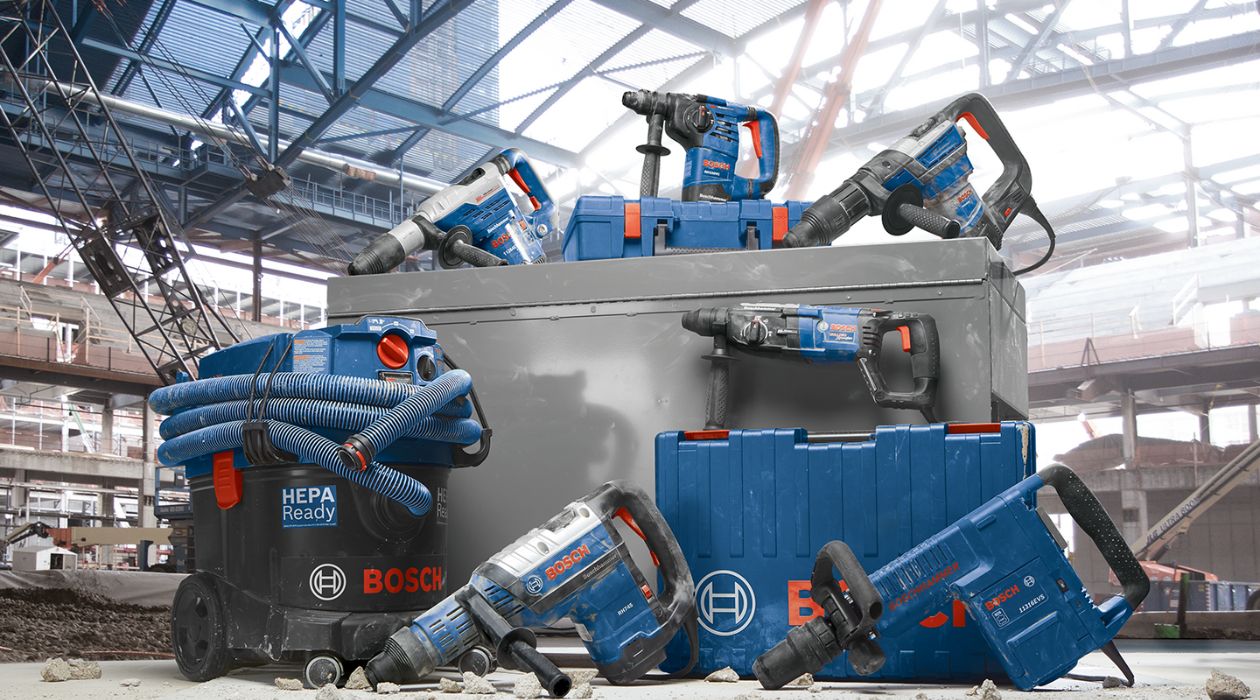
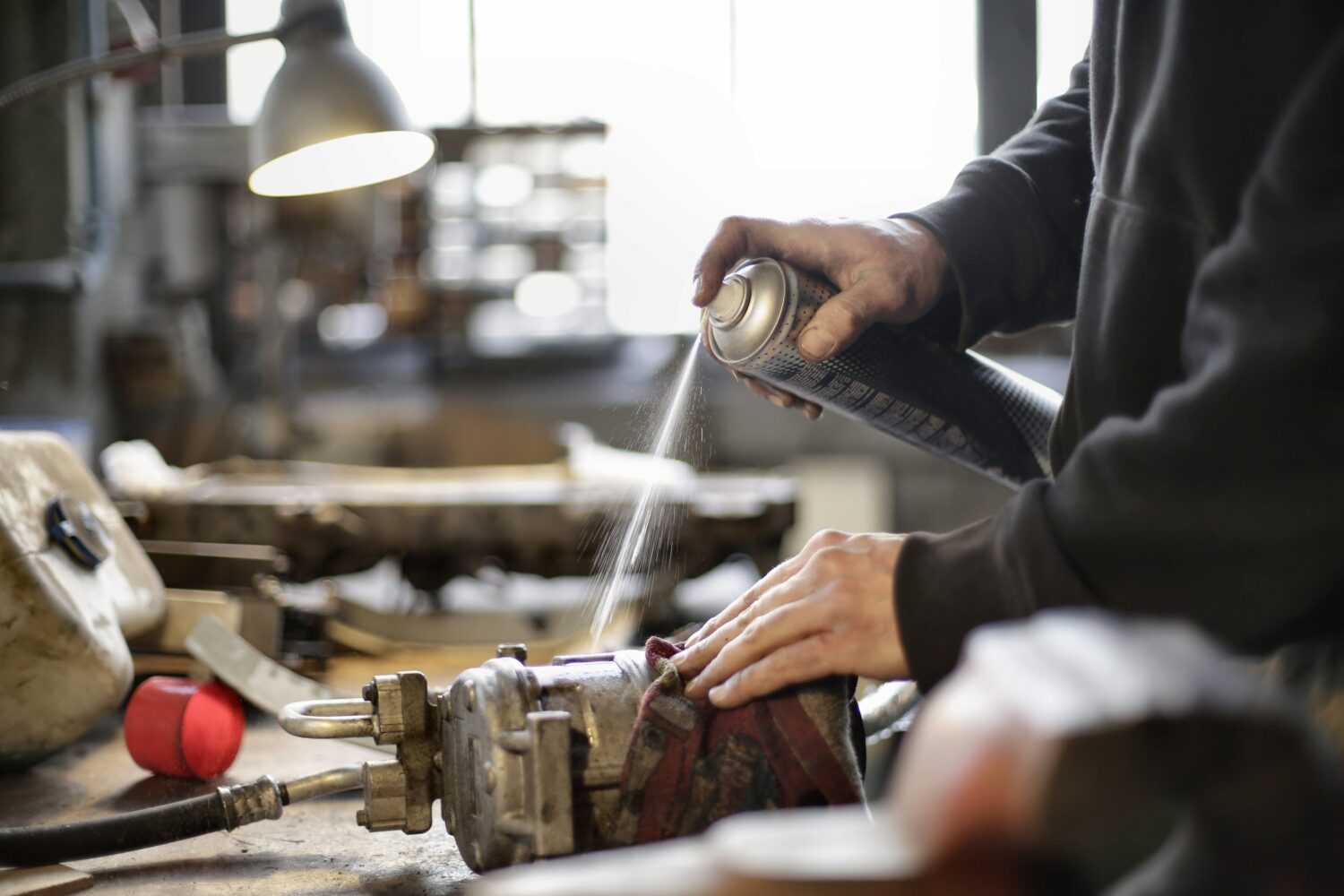
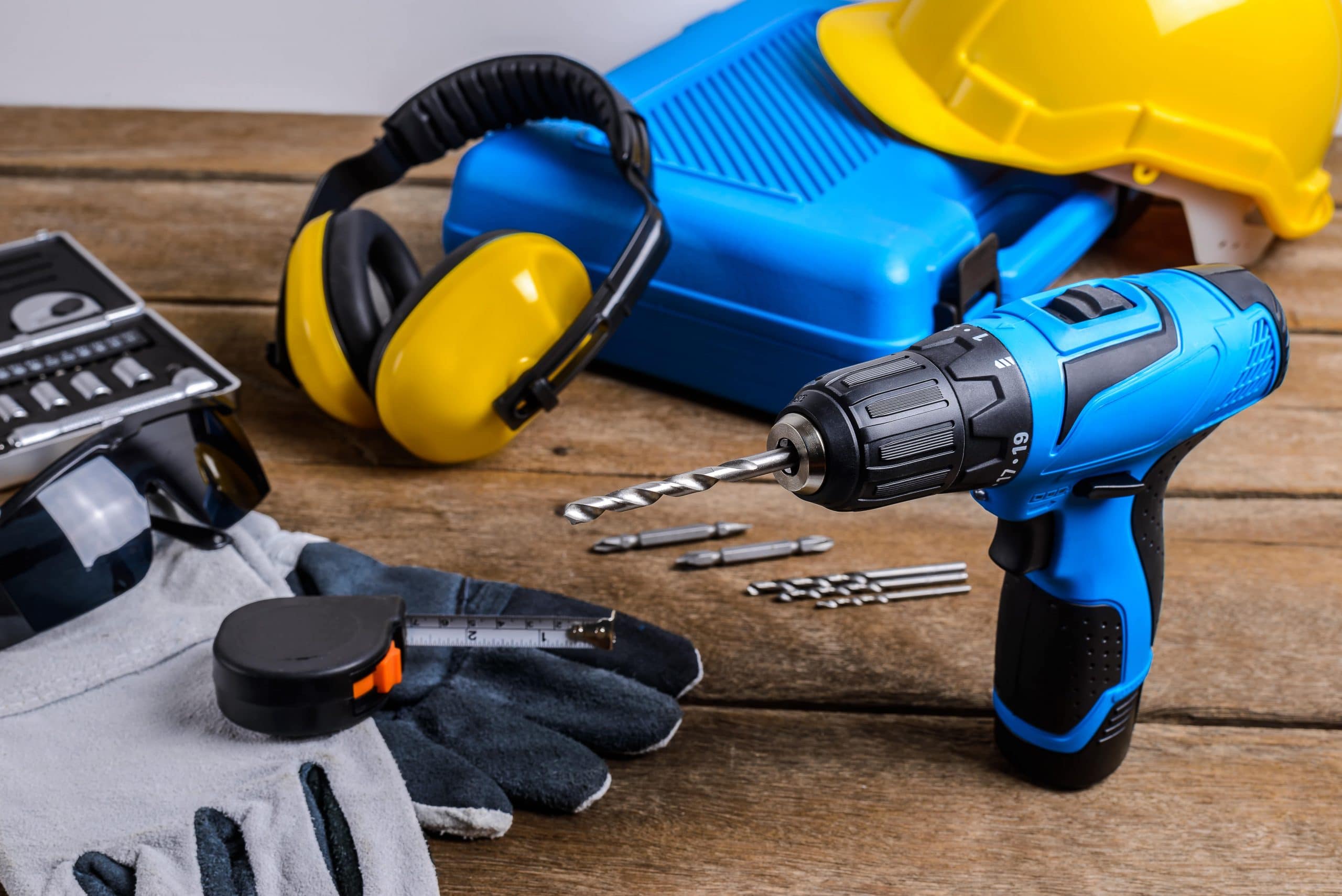
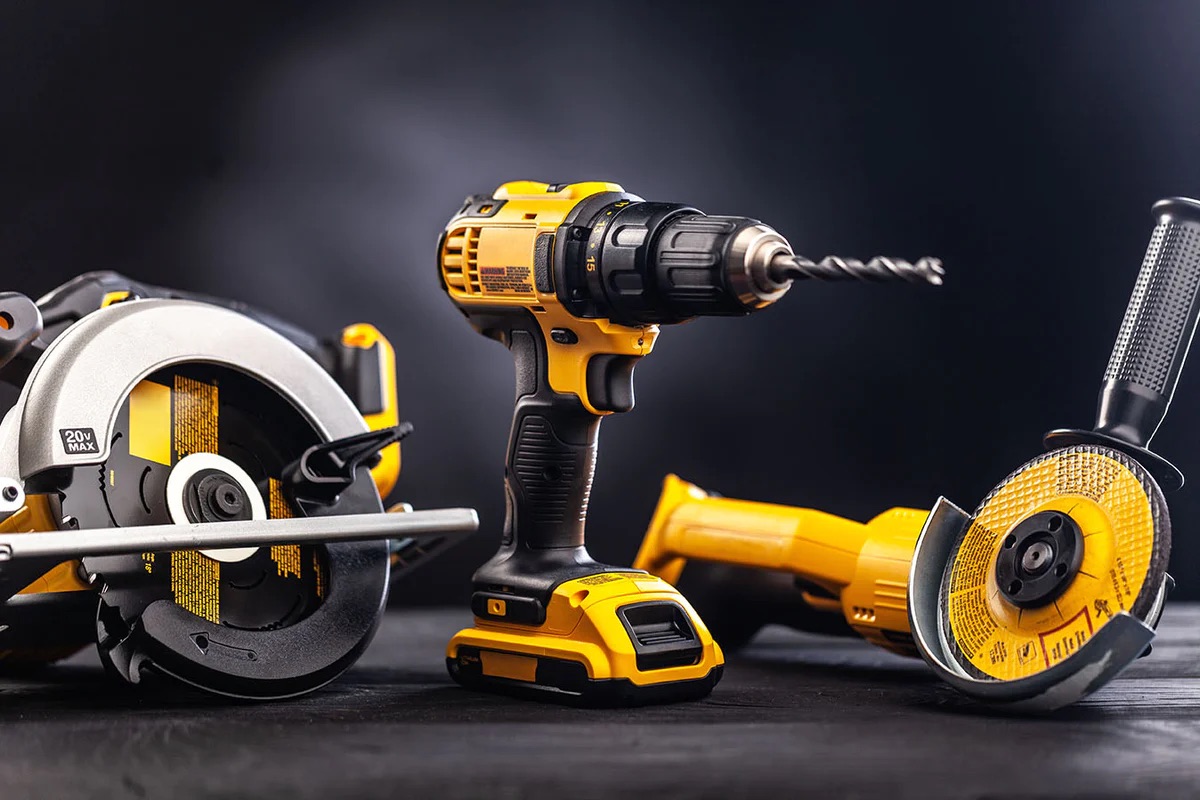
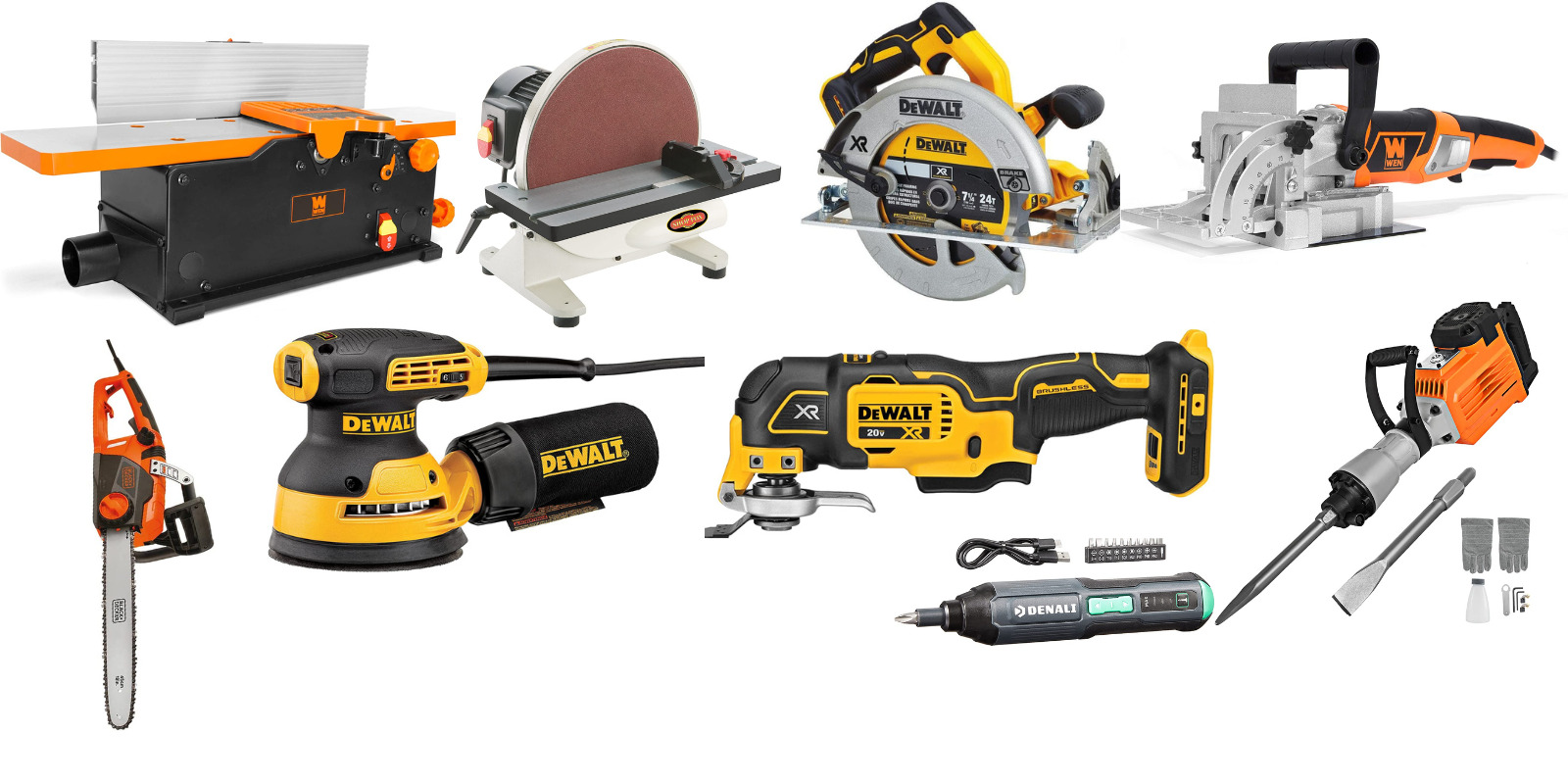
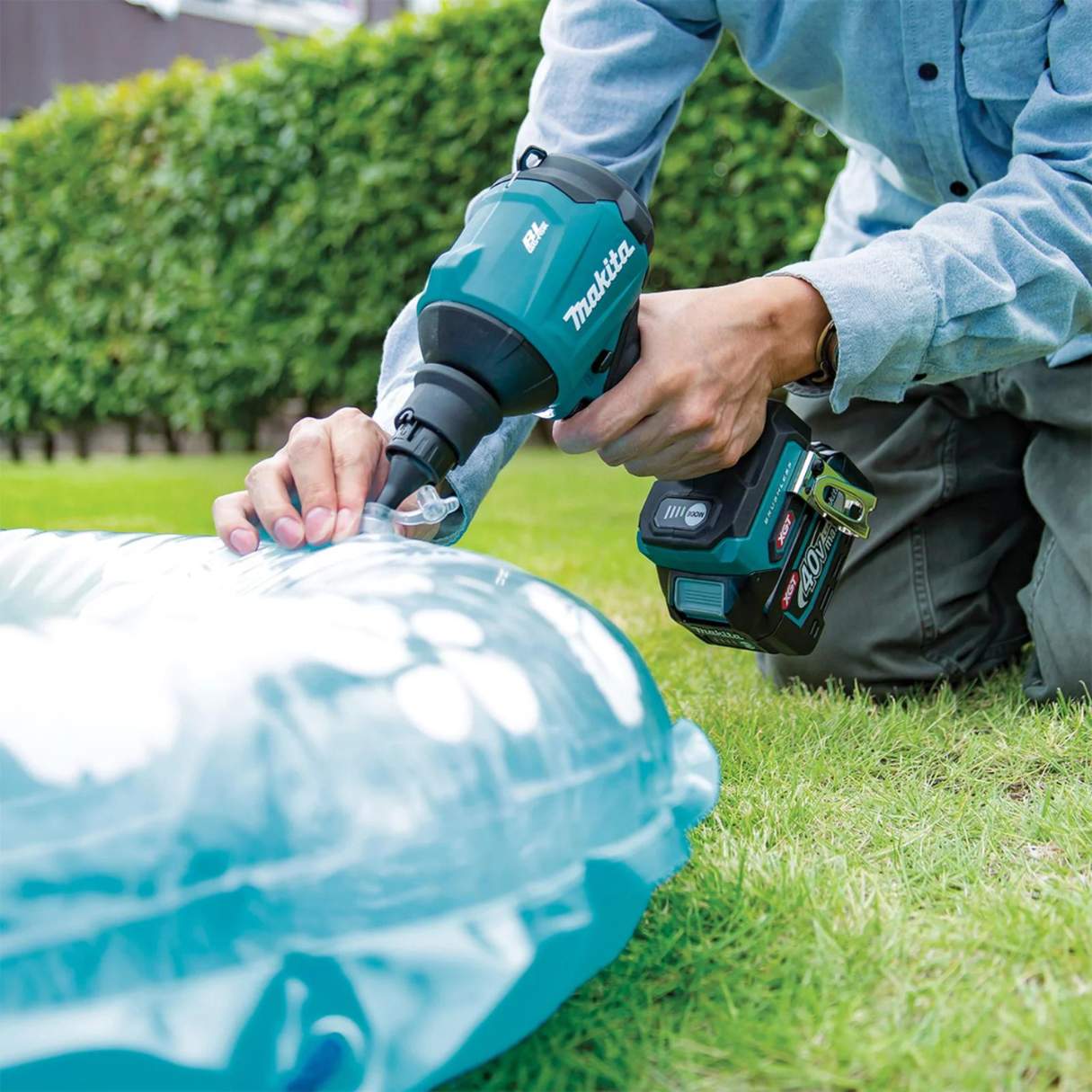
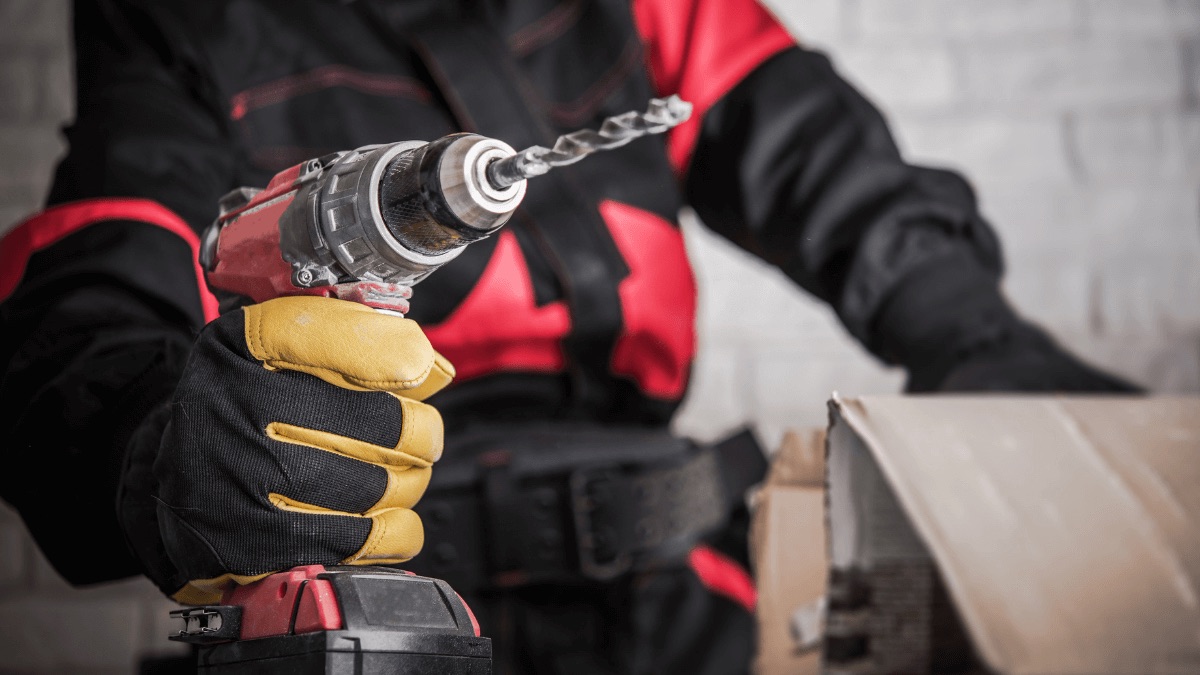
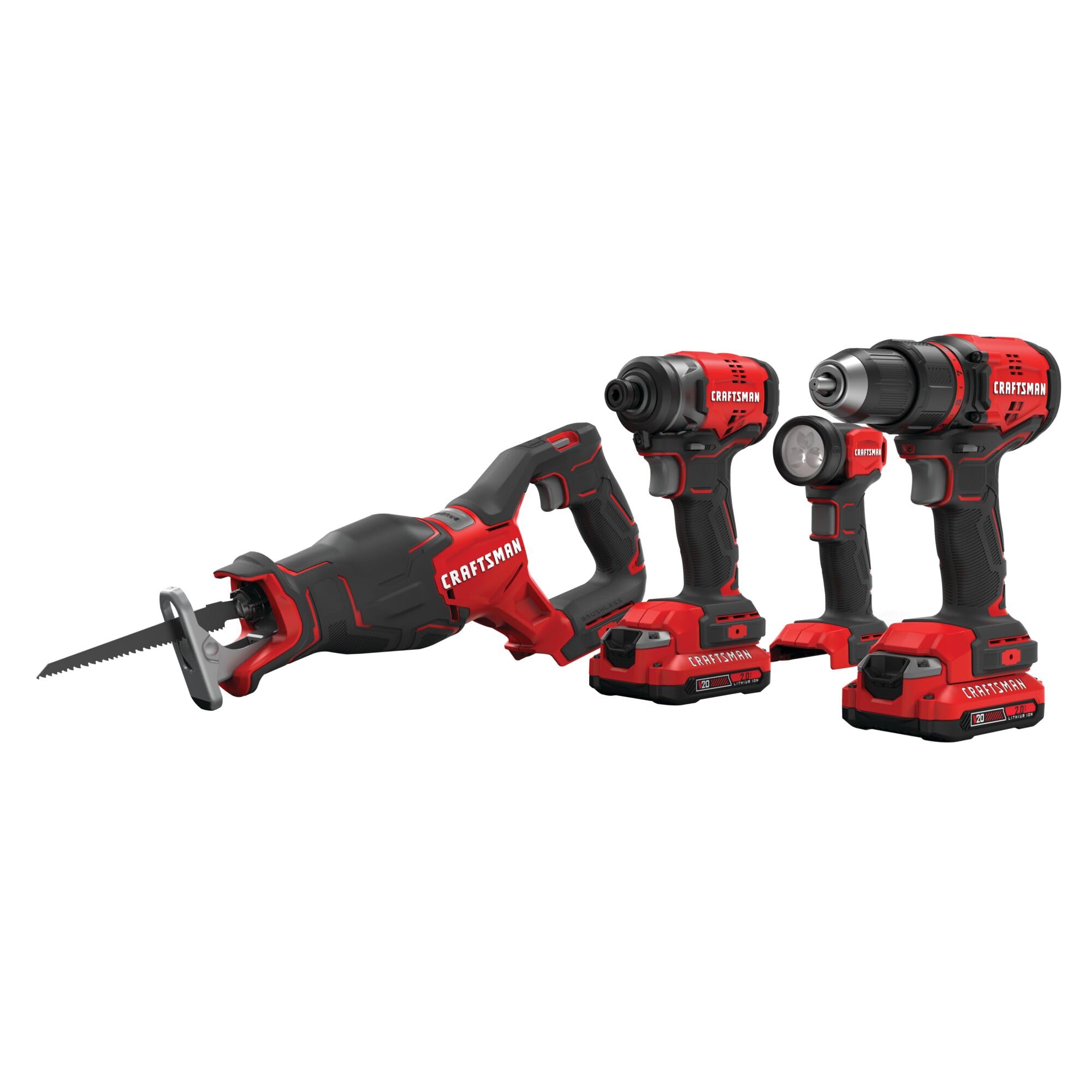
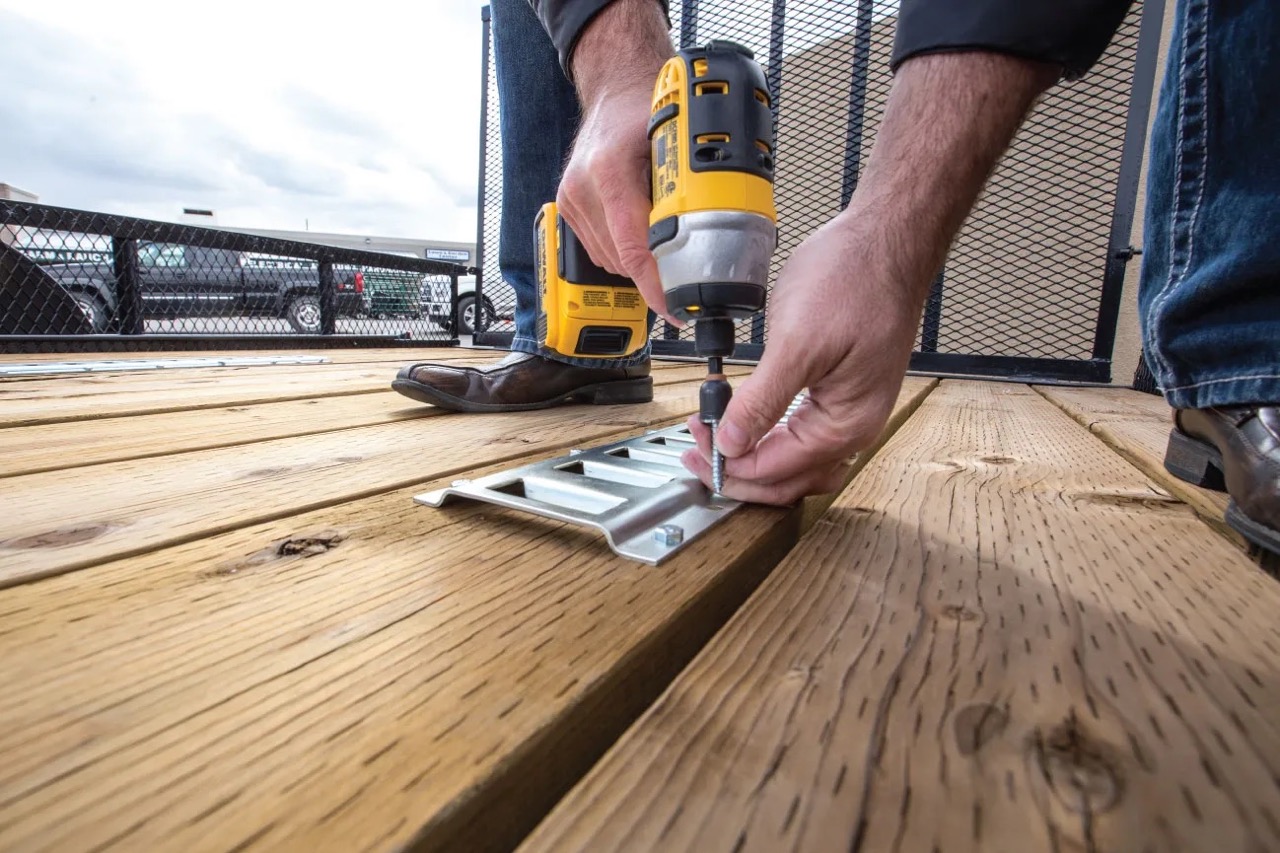

0 thoughts on “How To Dispose Power Tools”